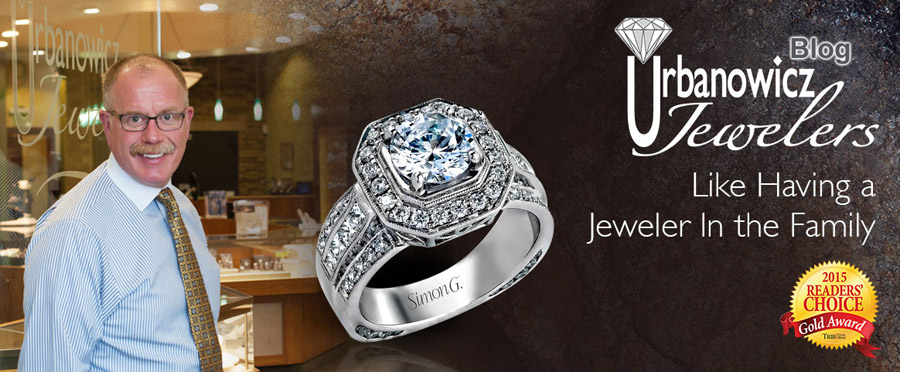March 3rd, 2016
When Lucapa unveiled an immense 404-carat diamond to the world last month, the company's chairman guessed that the pride of the Lulo Diamond Project in Angola would sell for about $14 million. On Monday, chief executive Stephen Wetherall proudly announced that the mining company's prized gem netted $16 million, or $39,580 per carat. The buyer was not revealed.

In February, Lucapa chairman Miles Kennedy had told ABC Australia that experts at his company were having trouble calculating the gem's value due to its unusual size.
“We’re not used to valuing 400-carat diamonds, but if we look at other diamonds slightly less weight than this, you’re looking in the order of [$14 million].”
The chemically pure, Type IIa gem weighs 2.8 ounces, measures 2.7 inches across and boasts a D color.
"The sale of a single diamond for $16 million underlines the huge potential of the Lulo diamond field to regularly produce gems which are both large and of world-class quality, said Wetherall.
Kennedy had noted that, over the past six months, the Lulo diamond fields in Angola have yielded more than 110 diamonds greater than 10.8 carats in weight. Four tipped the scales at more than 100 carats.
The nearly $40,000 per carat achieved by the mammoth gem was a record for any white diamond recovered from Lulo. It's also the largest diamond ever found in Angola (the previous record holder weighed 217.4 carats) and the largest ever recovered by an Australian-based mining company.
The Lulo Diamond Project is a relatively new endeavor among partners Lucapa, Endiama (the national mining company of Angola) and private Angolan partner Rosas & Pétalas. Mining operations commenced in 2015.
The alluvial diamond mining operations are located on an extremely remote parcel of pristine ground more than 430 miles from the coast.
"We look to the future with tremendous excitement at Lulo as we continue mining these exceptional alluvial diamond areas, growing our alluvial mining capability and advancing the kimberlite exploration program to locate the primary source or sources of these gems," noted Wetherall.
Image: Lucapa Diamond Company.

In February, Lucapa chairman Miles Kennedy had told ABC Australia that experts at his company were having trouble calculating the gem's value due to its unusual size.
“We’re not used to valuing 400-carat diamonds, but if we look at other diamonds slightly less weight than this, you’re looking in the order of [$14 million].”
The chemically pure, Type IIa gem weighs 2.8 ounces, measures 2.7 inches across and boasts a D color.
"The sale of a single diamond for $16 million underlines the huge potential of the Lulo diamond field to regularly produce gems which are both large and of world-class quality, said Wetherall.
Kennedy had noted that, over the past six months, the Lulo diamond fields in Angola have yielded more than 110 diamonds greater than 10.8 carats in weight. Four tipped the scales at more than 100 carats.
The nearly $40,000 per carat achieved by the mammoth gem was a record for any white diamond recovered from Lulo. It's also the largest diamond ever found in Angola (the previous record holder weighed 217.4 carats) and the largest ever recovered by an Australian-based mining company.
The Lulo Diamond Project is a relatively new endeavor among partners Lucapa, Endiama (the national mining company of Angola) and private Angolan partner Rosas & Pétalas. Mining operations commenced in 2015.
The alluvial diamond mining operations are located on an extremely remote parcel of pristine ground more than 430 miles from the coast.
"We look to the future with tremendous excitement at Lulo as we continue mining these exceptional alluvial diamond areas, growing our alluvial mining capability and advancing the kimberlite exploration program to locate the primary source or sources of these gems," noted Wetherall.
Image: Lucapa Diamond Company.


